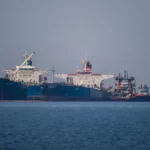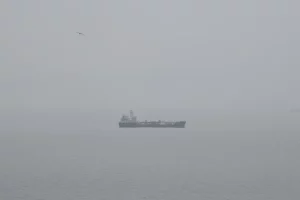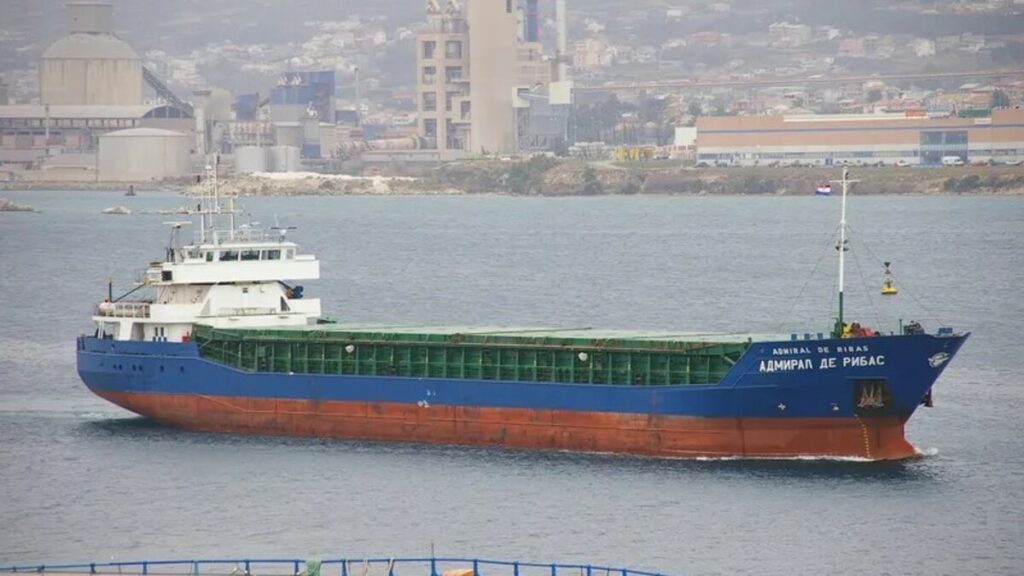Tankers of the “shadow fleet” of the Russian Federation have become a global problem for the world
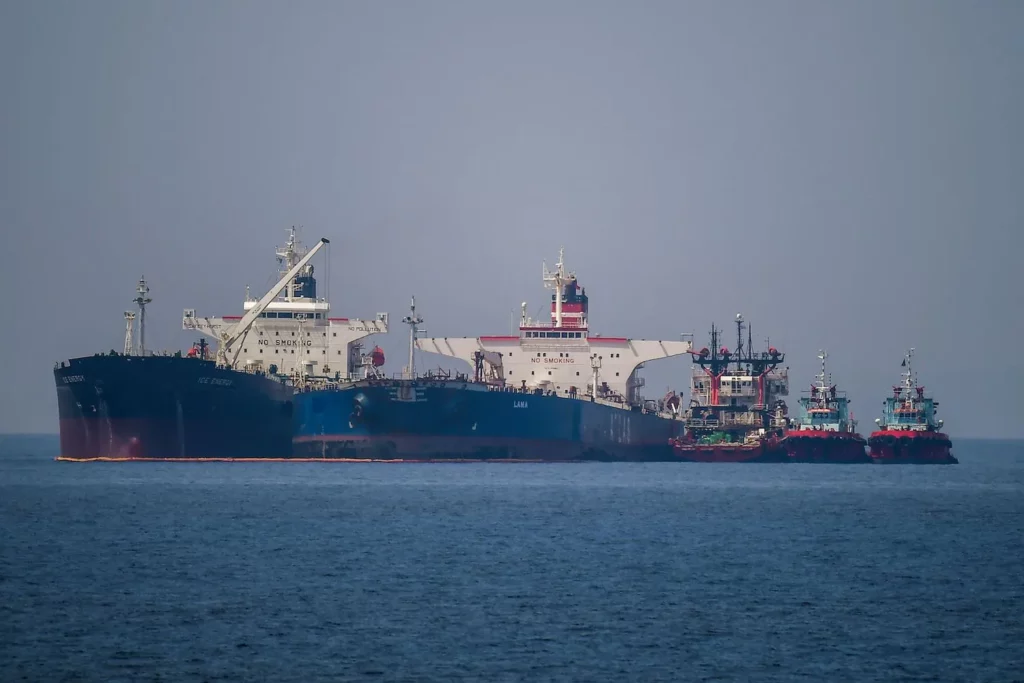
In addition to using Russia’s “shadow fleet” tankers to circumvent oil sanctions and price ceilings, it also affects the safety of the maritime environment.
Journalists discovered at least nine cases when vessels of the Russian “shadow fleet” left oil spills in world waters – from Thailand to Vietnam, Italy and Mexico, starting in 2021, writes Politico.
These tankers also passed through major shipping corridors such as the Red Sea and the Panama Canal.
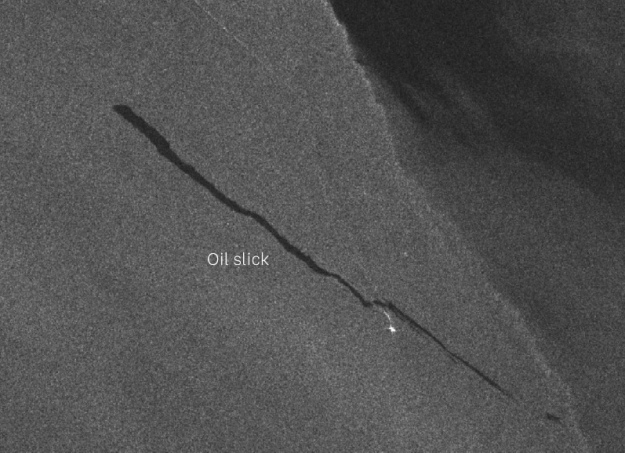
Satellite image of SkyTruth Cerulean.
With Russia under Western sanctions, more and more tankers are smuggling its oil around the world, risking a potential environmental disaster.
Moscow changed the labeling of its oil to hide its origin, organized a so-called “shadow fleet” of more than 600 tankers, whose owners are often hidden through front companies, and used it to evade the G7 price limit of $60 a barrel. This tactic is also used by Iran and Venezuela for similar purposes.
“At the moment, the price cap has proven to be a very leaky tool,” said Michelle Wiese Bockmann, shipping analyst and shadow fleet expert at Lloyd’s List.
According to CREA, about 80% of Russian marine oil was transported on vessels not controlled by the West. Meanwhile, since 2022, the total number of vessels in the “shadow fleet” of the Russian Federation has more than tripled. It is also known that since the introduction of the price ceiling, tankers have transported 80 billion euros worth of oil.
The danger is also that most of these tankers are not insured. In the event of oil spills or larger spills, it will be difficult for governments to hold these vessels accountable.
“Especially the liquidation of the consequences can cost the coastal countries and their taxpayers millions, because the owners of the vessels cannot be traced,” emphasized Michelle Wiese Bockmann.
CREA analysts added that the application of sanctions to individual tankers proved to be “fairly effective.” Vessels placed on the US sanctions list saw their ability to trade oil drop by 90% three months after being listed.
Previously, USM wrote that despite Western sanctions, since 2023, the Russian “shadow fleet” has increased its oil transportation capacity by 70%.
According to KSE research, the amount of oil transported by such tankers increased from 2.4 million barrels per day in June 2023 to 4.1 million in June 2024.
